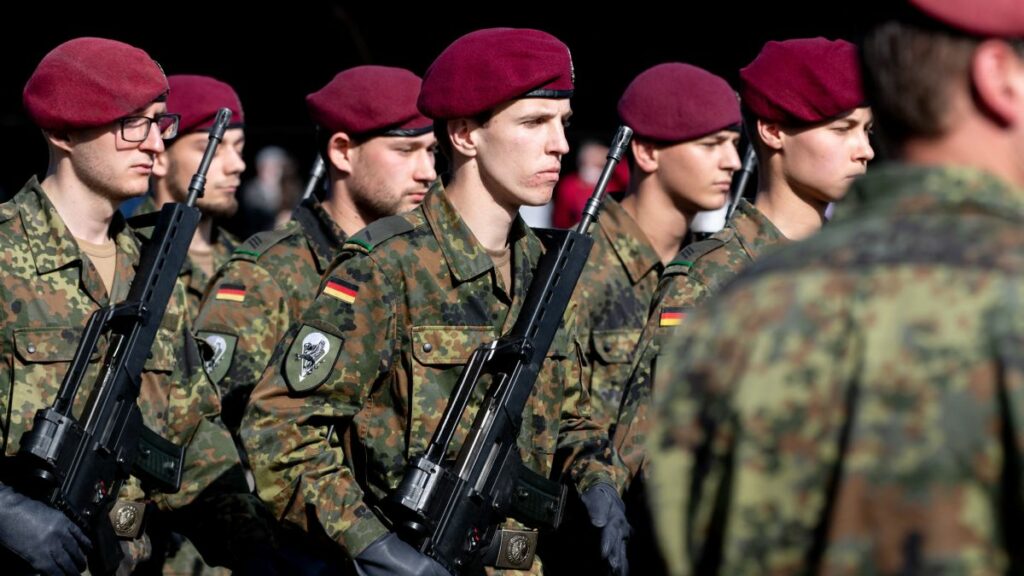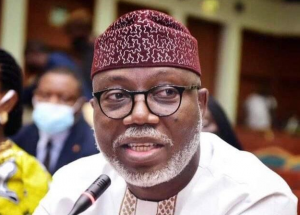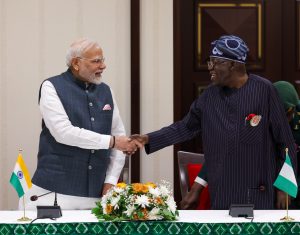Analysis: The EU realizes it can’t rely on America for protection. Now it has a blueprint for a new joint military force

This migrant crisis, in which Belarusian leader Alexander Lukashenko stands accused of directing refugees to the Polish border, took place as fears ramped up in eastern Europe over a build-up of Russian troops on Ukraine’s border. Recent geopolitical crises, most notably the messy withdrawal of troops from Afghanistan, has cemented thinking that the EU cannot rely entirely on the United States or NATO for its protection.Coincidentally, the initial blueprint for such a plan was presented to EU member states this week. The “Strategic Compass for Security and Defence” is a loose outline of how cooperation across the bloc might work. The document was leaked to CNN in full. The EU has largely been applauded for the sincere scope of its ambition, and analysts hope they can reach a meaningful agreement on one of the trickiest issues in European diplomacy. Velina Tchakarova, director of the Austrian Institute for European and Security Policy, acknowledges that finding consensus will be a long process but can see positive movement. “Once it is approved … there will be concrete directions in which the EU and the member states should go when it comes to forging partnerships and alliances, enhancing capabilities, creating resilience in key domains and sectors, and finally achieving rapid and efficient crisis management based on shared strategic assessment of common threats.” It would be an extraordinary achievement. While not the EU Army that many either longed for or feared — depending on your perspective — it is refreshing to see the member states so broadly on the same page on an issue that clearly needs addressing. However, this really is the start of the process and there is a lot of politics to get through — including next year’s French election that could hurl Macron, the chief cheerleader, from office. And politics is so often what ruins Brussels’ best-laid plans. Steven Blockmans, director of research at the Center for European Policy Studies, says that “for the rubber to hit the road, member states will have to set aside their domestic concerns of blood and treasure and let common security interests prevail. Any single member state could therefore delay or veto deployment for so-called ‘vital’ national security concerns.”For all the positive sounds now, it is entirely possible that once all 27 leaders get locked in a room to discuss this proposal, naked national interest and previous gripes take over and this plan gets watered down or shelved. And while the top brass in Brussels remains optimistic that this plan is enough of a compromise to avoid such petulance, when there’s this much money on the table and political capital at stake, diplomacy, compromise, and unity can easily go out the window. Which, for the EU, would hardly be the first time.







